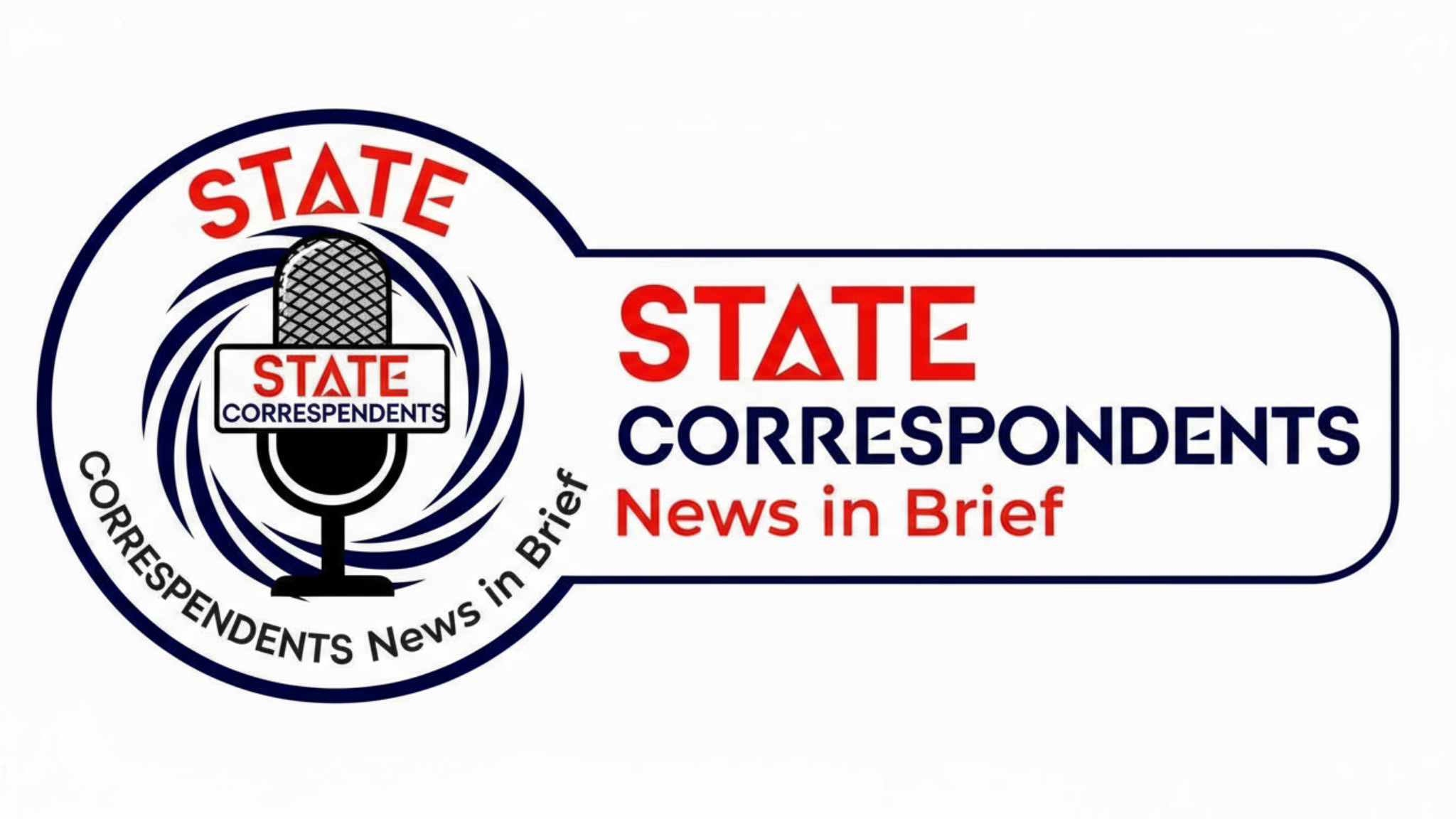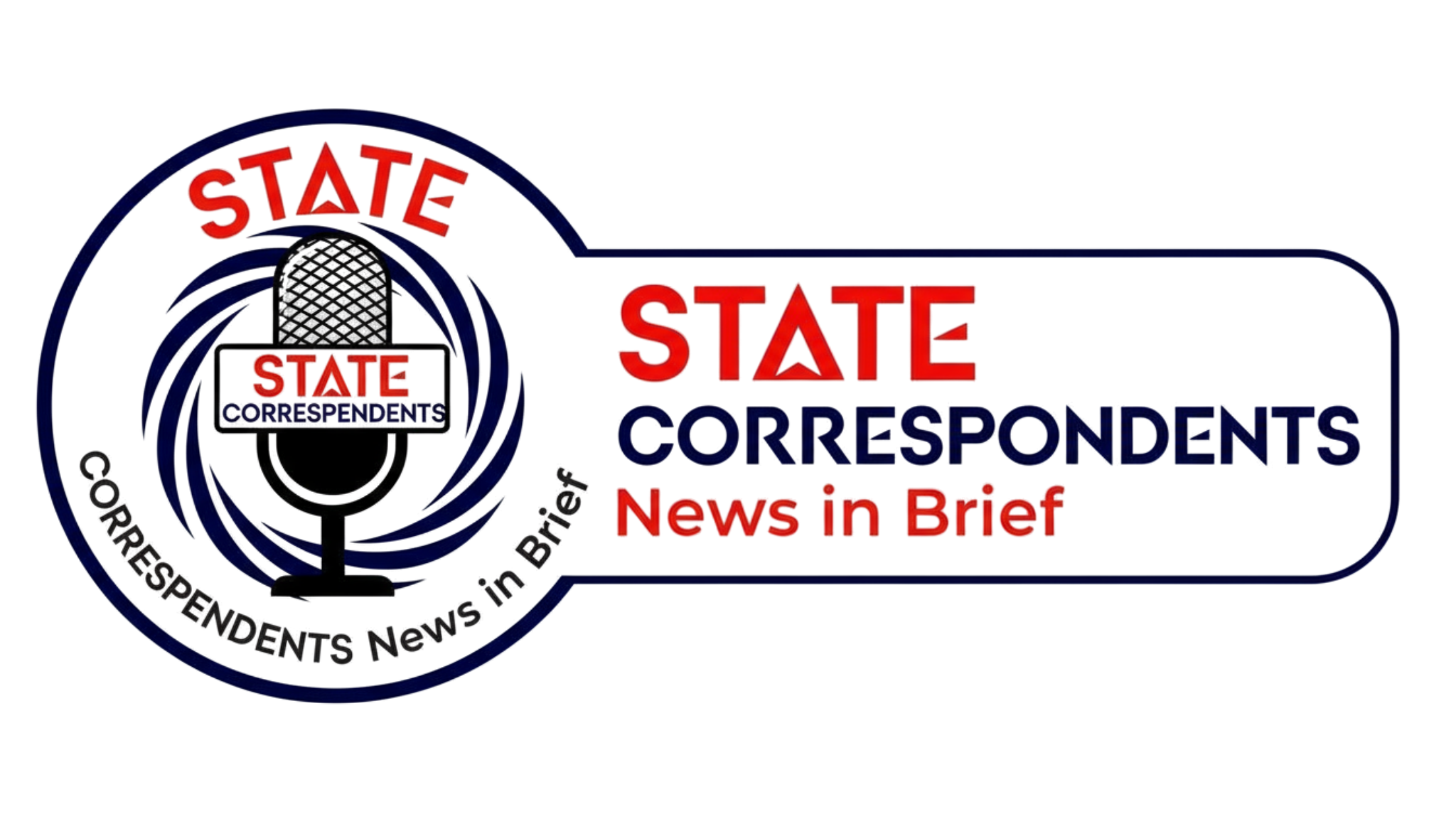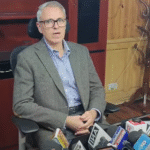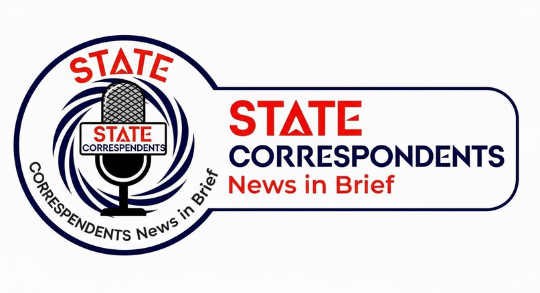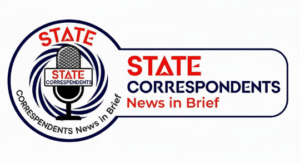In the recent Rajya Sabha election in Jammu and Kashmir held on October 24, 2025, the ruling National Conference (NC) won three out of four seats, while the Bharatiya Janata Party (BJP) secured one seat despite having a significantly smaller number in the Assembly. This outcome sparked allegations of cross-voting and vote invalidation that continue to challenge the political landscape of J&K.
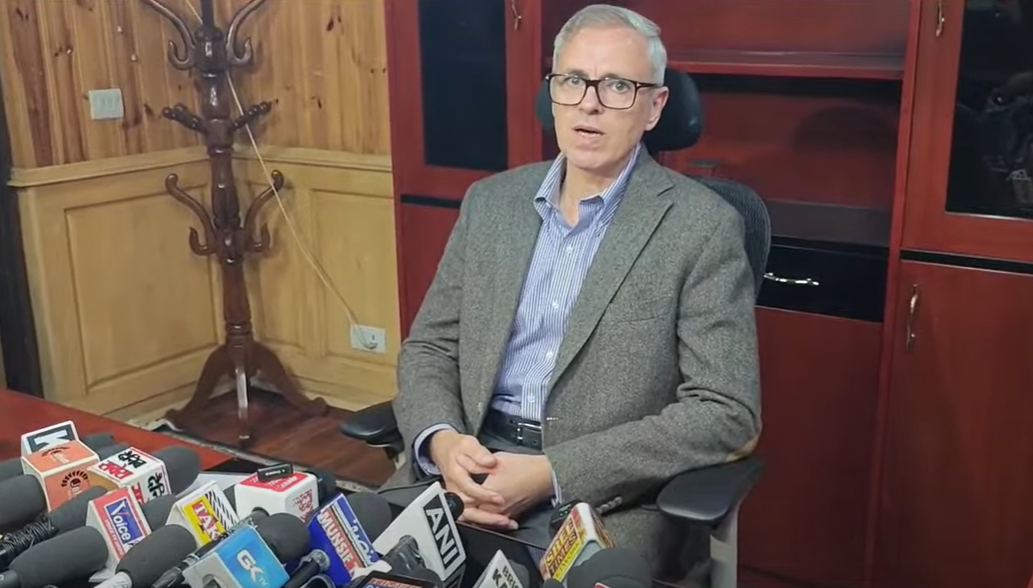
Chief Minister Omar Abdullah openly called for transparency, urging the names of legislators who cast votes in favor of BJP to be revealed. He accused some MLAs of deliberately invalidating their votes and “selling their conscience,” stating that these individuals are answerable to their moral beliefs.
The BJP, with just 28 members in the 88-member Assembly, received an unexpected 34 votes in the crucial fourth round, raising suspicions of strategic induction or inducement. While one Independent MLA admitted to casting a wrong vote in the third round, four votes favored BJP in the decisive fourth round.
The election process saw support coming together for the NC-led alliance from different parties including the People’s Democratic Party (PDP), Awami Ittehad Party (AIP), and the Aam Aadmi Party (AAP). However, internal divisions surfaced when Jammu and Kashmir Peoples Conference chief Sajad Lone abstained from voting, which was seen as weakening the alliance’s strength.
Deputy Chief Minister Surinder Choudhary vocally insisted on exposing the “vote stealing,” and while vocal about the issue, no individuals were named. BJP leader and Opposition Leader Sat Sharma expressed ignorance about who voted for his party but welcomed such support irrespective of party lines.
Despite efforts, the NC’s polling agents confirmed all their votes were intact, and the cross-voters predominantly belonged to independent MLAs or single-member parties who had no polling agents to monitor their voting patterns, leaving the exact cross-voters unidentified so far.
